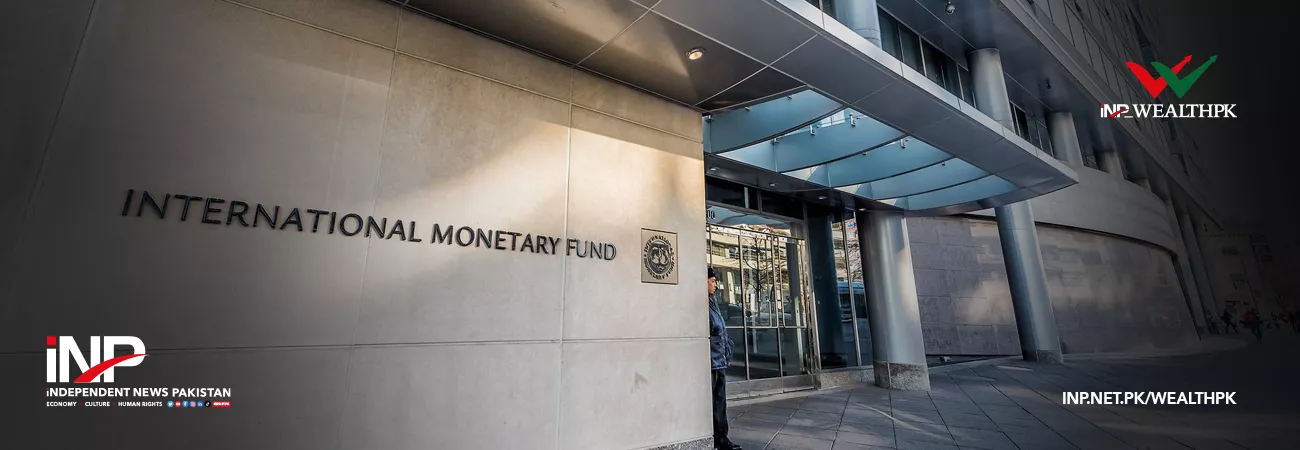INP-WealthPk
Ayesha Saba
Although the resumption of the IMF program will ease some pressure on the foreign exchange reserves of Pakistan bringing some short-term relief for the economy, it will certainly increase problems for the government in the long term, said leading economist and Principal of National University of Science and Technology (NUST) Dr. Ashfaq Hassan Khan. “It has been observed from the past experiences that the IMF program is not a stabilization program, rather it is a destabilization program in which investment and growth slow down leading to a rise in unemployment which gives birth to social unrest in the country.
This model is being brutally used in Pakistan. Depreciation of the rupee increases public debt and the cost of doing business,” he opined. The dates for the ninth review are still pending and have not been finalized yet due to the fact that some of the commitments made are unable to be met due to the current circumstances. According to their point of view, our revenue shortfall is massive. Our industrial growth lies on ground zero as indicated by July's figures, which showed a 0.6% growth rate for the LSM sector.
How will the country generate revenue during such a downturn? Therefore, the government is not in a position or it is a suicidal decision for them to impose more tax burdens of 700 to 800 billion rupees on the general public and bring another mini-budget.” Dr Ashfaq further said, “The Rs251 billion estimates that the finance ministry has shared with the IMF do not match with the political statements and the figures published in the Post-Disaster and Need Assessment report prepared by the international lenders.
They can only grant 0.2% of GDP, but the amount we estimate is much higher than that.” He suggested instead of depending on the IMF's bailouts, Pakistan should find long-term and permanent solutions to fix its economic issues, particularly the current account deficit. It will have to increase its tax-to-GDP ratio, to generate the much-needed revenue to be used for people's welfare. Dr Ashfaq said Pakistan suggested that Pakistan should focus on modernization and upgrading its manufacturing sector to increase exports for an inclusive and durable economic growth and bridge the current account deficit.
“As an alternative to going to the IMF for a balance of payments support, Pakistan should develop a concrete policy of curbing imports, promoting exports and remittances, floating bonds in the international market, attracting foreign direct investment, and introducing wide-ranging structural reforms,” he added.
Credit : Independent News Pakistan-WealthPk













